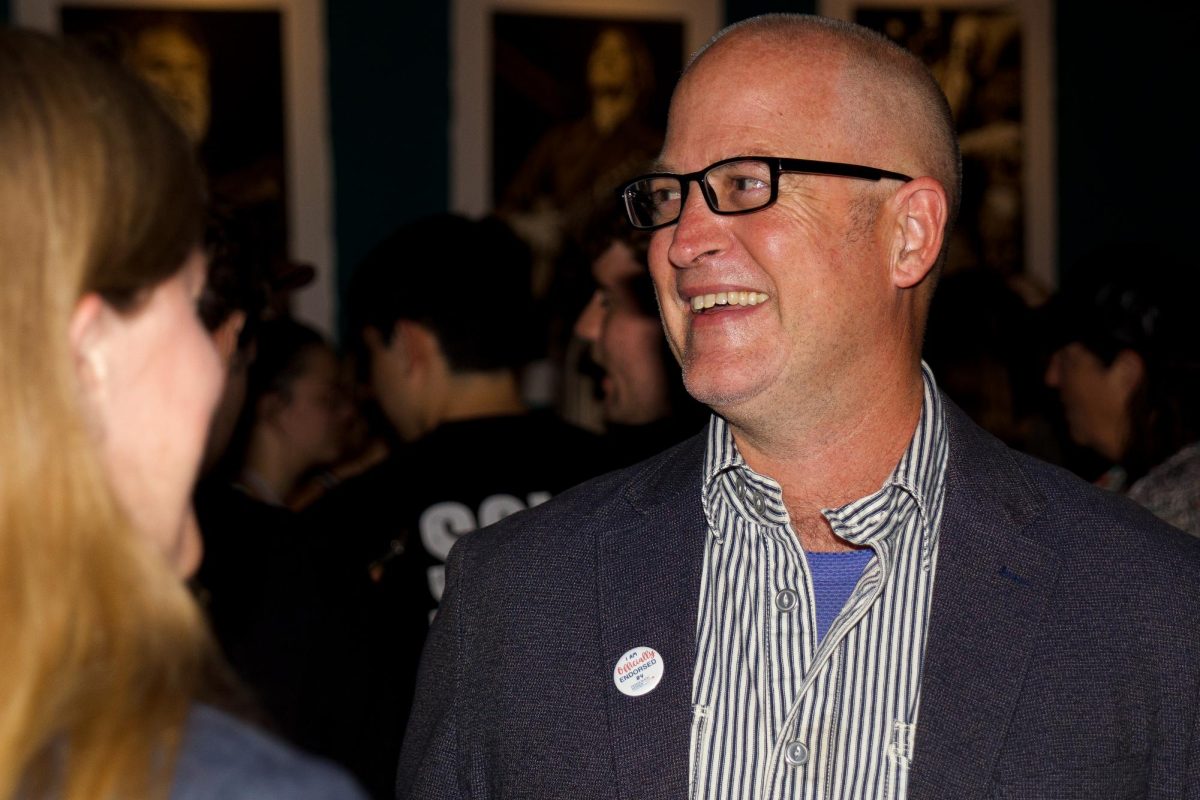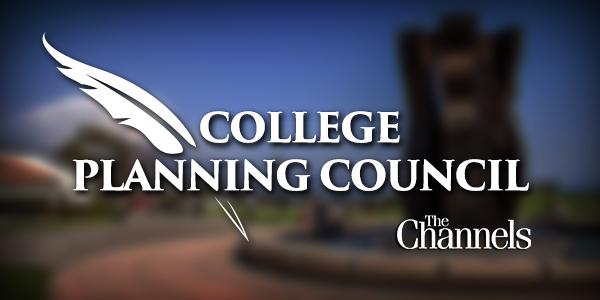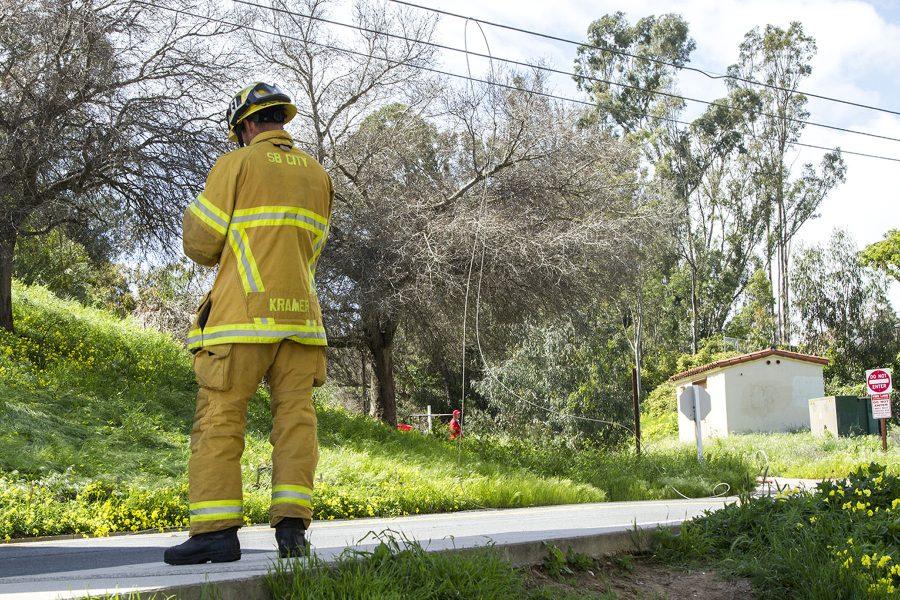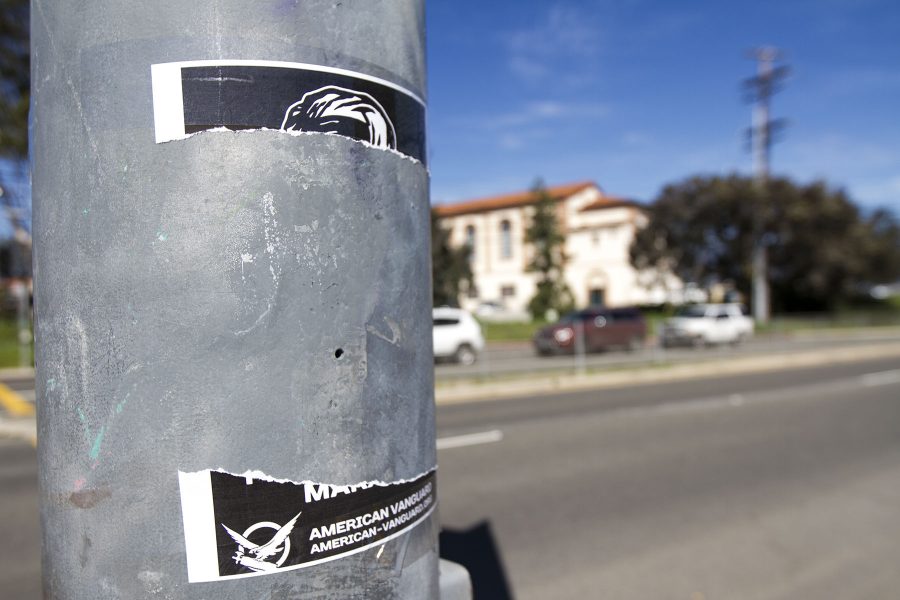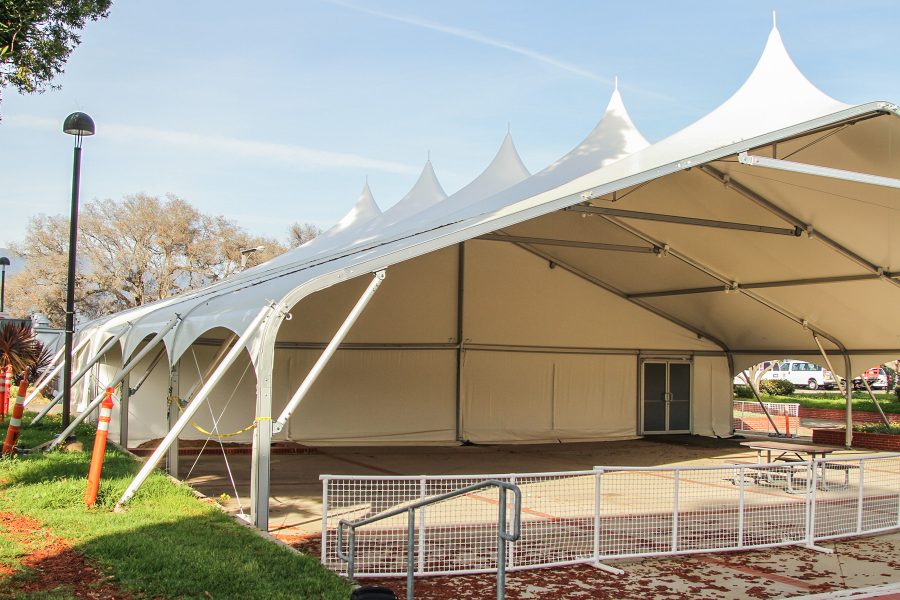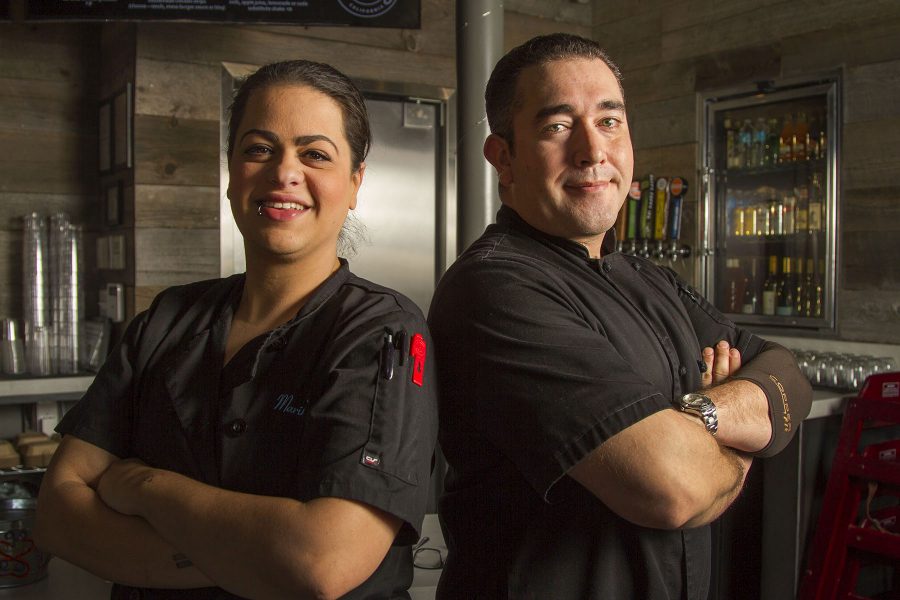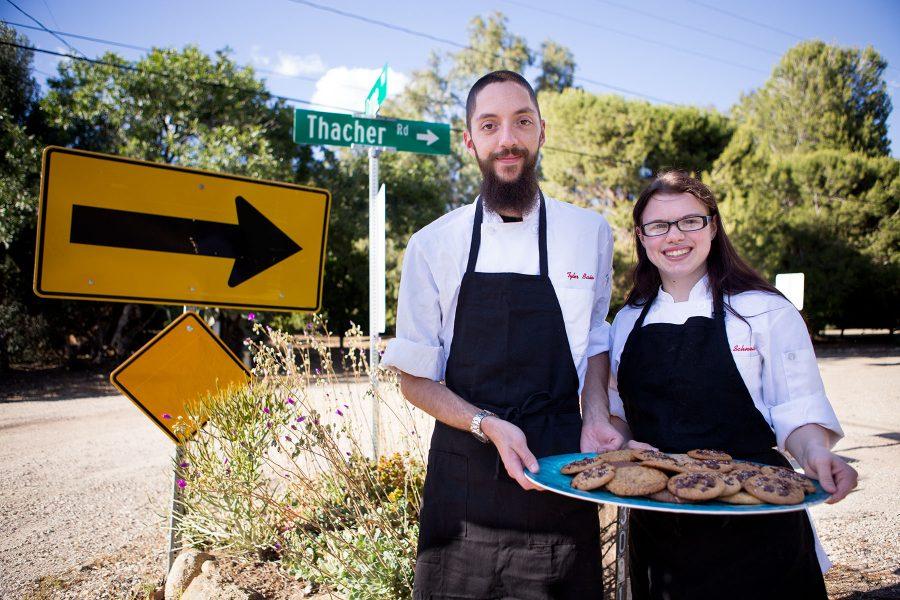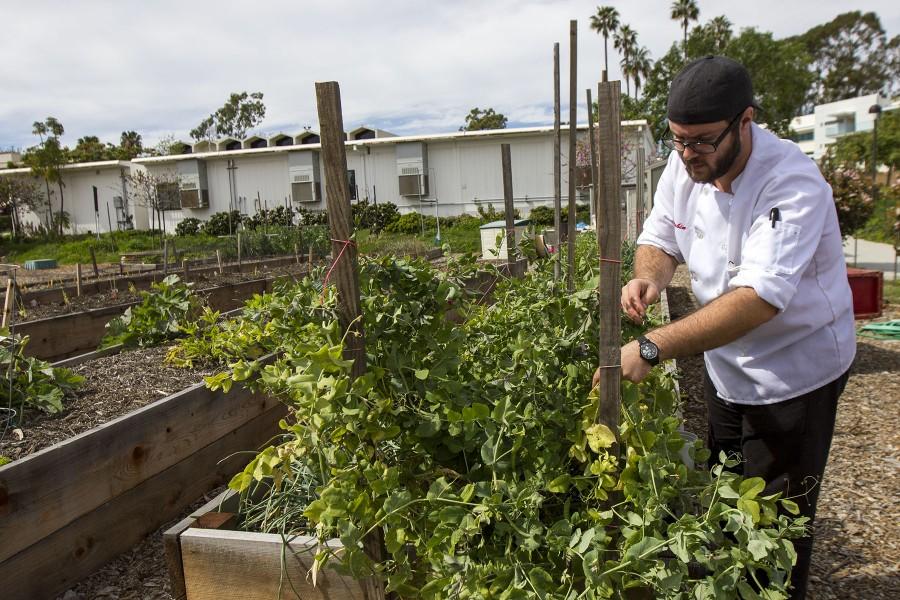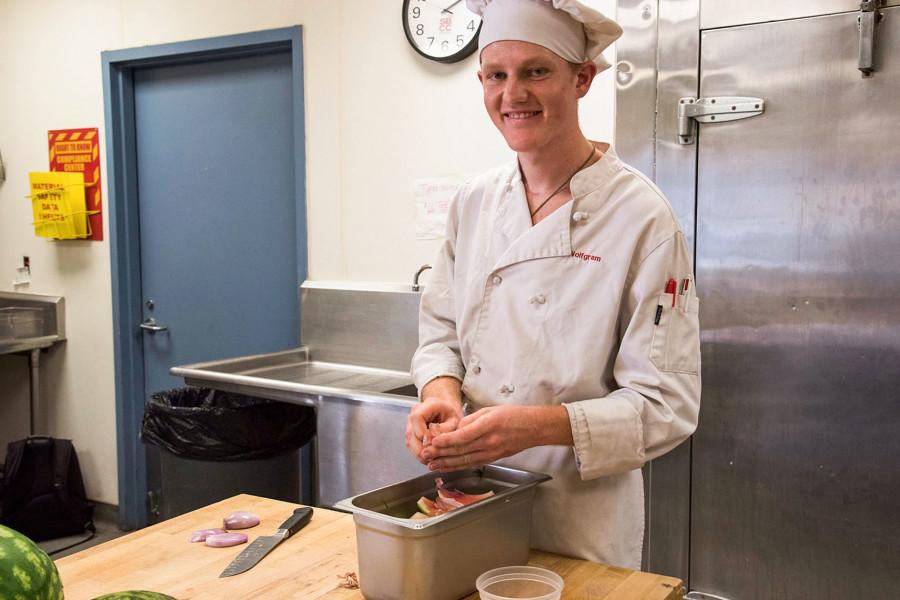The administration is recommending that City College not rebuild the soon-to-be demolished Campus Center, which houses the cafeteria and school of culinary arts because the new building would cost $7 million more than budgeted to rebuild.
The center will be demolished at the end of this school year because of health and safety issues, as well as a lack of funding to meet state remodeling requirements.
The recommendation to not rebuild the center was announced by Superintedent-President Dr. Anthony Beebe and Chief Budget Officer Joe Sullivan during the Tuesday College Planning Council meeting. The proposal comes from the college’s need to decrease annual spending. If the recommendation is accepted by the Board of Trustees, the center would not be rebuilt in the foreseeable future, and voters would need to pass a construction bond, which could happen years after its removal.
“We consider the building unsafe given today’s standards,” said Sullivan in an interview with The Channels this morning.
“We don’t want to risk it any longer,” he said, explaining that deterioration of the building is not up to current seismic code and is unstable.
Sullivan added that over the years concrete has been added to the pillars at the base of the building to support its eroding steel and rebar. The erosion is decreasing the building’s likelihood of standing against a massive earthquake.
The cafeteria, Buzz Shack, Natural Bowls, English as a second language department and classrooms, school of culinary arts, STEM lab, Student Senate meeting room and the office of student life are all housed within the center.
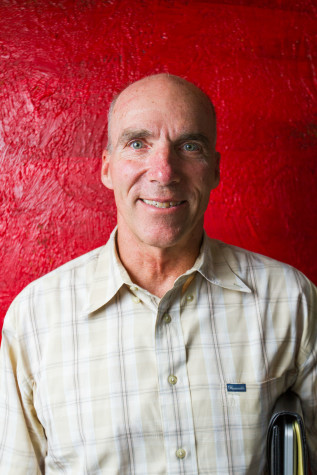
Joe Sullivan, vice president of business services, 2015.
The JSB Cafe, John Dunn Gourmet Dining Room and Favela burrito shack, which are adjacent to the center, will not be taken down, and a temporary food facility will be placed in front of the Student Services Building. The area where the center stands would be left empty until a measure was passed to build a new one, Sullivan said.
Several council members during the meeting expressed concern about attracting students to the campus without a center because it holds an array of student amenities.
Rebuilding the center would cost an estimated $30 million. The state would pay the college $20 million toward the costs, and the college would need to come up with the remaining $10 million, as well as an additional $7 million for various unplanned expenses. If the college doesn’t rebuild the center at this time the college must return the $20 million to the state.
The bids are inflated because of the competitive construction market from a current statewide shortage of construction workers, especially in Santa Barbara, Sullivan said. The local construction labor force does not have enough workers for a project of this size, and construction costs in California are at a 30 percent spike.
Currently the college cannot afford the heavy construction expenses because of a continued fall in enrollment leading to a lack of funding. Currently the college is deeply involved in major budget reductions, such as the early retirement program, which was introduced to faculty and other campus employees this semester. An expense this large would almost double the college’s current deficit.
Sullivan stressed that saving the money rather than spending it on the project does not completely solve the college’s financial crunch.
“These are one time funds,” Sullivan said. “This fiscal crisis is because we lost revenue and we haven’t balanced our revenue with expenses. This is a significant drop in revenue.”
Sullivan said the climbing cost of housing can be correlated with the decline of students enrolled full-time.
“A lot of students come from out of the area and just can’t afford to live here,” he said, adding that many non-local students have to leave Santa Barbara because its steep cost of living.
The culinary arts classrooms will be moved into the portable buildings on East Campus where the Campus Store is temporarily located during its reconstruction.
“We are actually in a better position in our program with this project,” said Randy Bublitz, chair of the culinary program. “Once a new Campus Center is eventually built, it benefits us because it will be a better building with state-of-the art equipment.”
Bublitz said the demolition will not hurt the program because the JSB Cafe and John Dunn Gourmet Dining Room, the two restaurants where culinary arts students cook, are not being taken down.
“It’s a better fit for us in terms of what we can offer the students. In that sense, it’s a better stance for students,” Bublitz added. “We have to make the best of a situation, so this is probably the best outcome.”
Currently, there is no set plan for the relocation of the other programs and organizations located in the center, however they will be relocated to temporary locations.
Marc Sullivan, director of food service, was unavailable Wednesday morning for an interview about the demolition.
The recommendation will be passed on to the Board of Trustees for further action at its meeting at 4 p.m. Thursday, Oct. 27, in the MacDougall Administration Building Room 218.
Clarification: Oct. 19, 2016
This version of the article includes the clarification that the other programs and organizations to be displaced by the demolition of the Campus Center will be relocated to temporary locations.
This version also clarifies that the current building is not up to current seismic codes.



